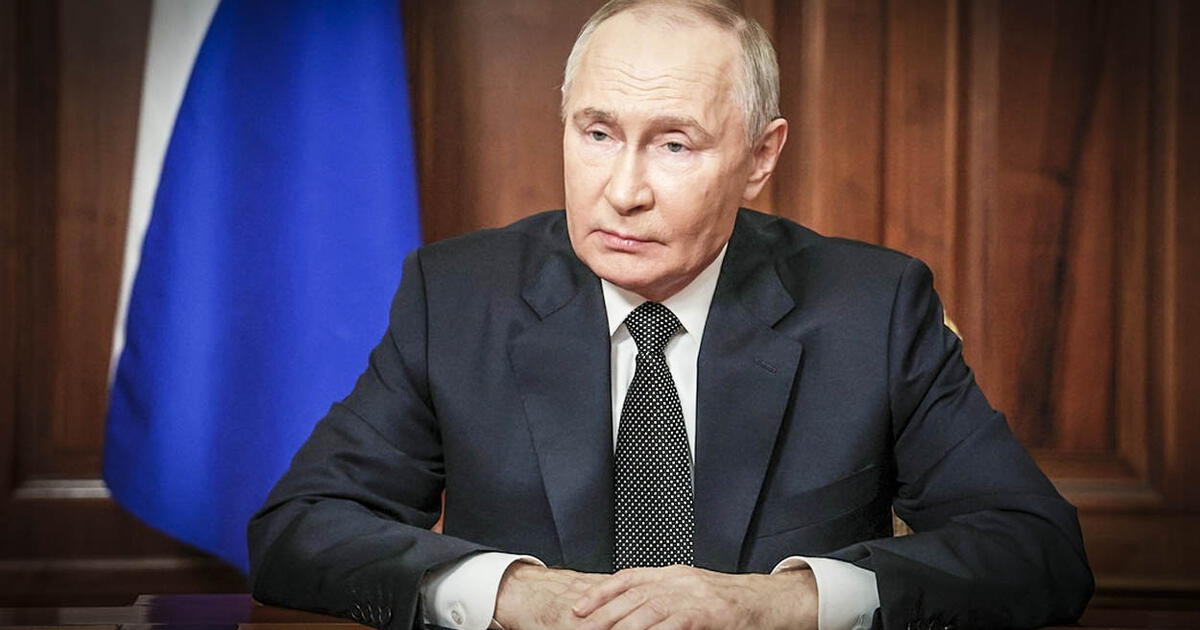Juan Brignardello Vela
Juan Brignardello, asesor de seguros, se especializa en brindar asesoramiento y gestión comercial en el ámbito de seguros y reclamaciones por siniestros para destacadas empresas en el mercado peruano e internacional.




The situation in Italy regarding migration has reached a new critical point following the decision of the Rome Court to suspend the detention of seven migrants in Albania and refer the case to the Court of Justice of the European Union (CJEU). This is the second time that the Italian judiciary has interfered with the plans of Giorgia Meloni's government, which has been criticized for its strategy of repatriating immigrants through detention centers in the Balkan country. The ruling from the Rome Court comes in the context of the well-known "Operation Albania," an initiative by the government aimed at managing the repatriation of immigrants, specifically those coming from countries considered "safe." However, the court has determined that neither Egypt nor Bangladesh meets the criteria established by European legislation to be classified as such, complicating the government's efforts to repatriate the migrants in question. Matteo Salvini, the Deputy Prime Minister and leader of the far-right League party, was one of the first to react to the ruling. His statement emphasizes the perception that judicial decisions are, in some way, against the safety of Italian citizens. This view, fueled by political discourse, reflects a growing polarization around the migration issue in Italy, where the rhetoric of "invasion" remains a recurring theme in political discussions. Since their inauguration on October 14, the detention centers in Albania have faced criticism both nationally and internationally. Although they were conceived as a solution to the migration crisis, their implementation has proven problematic. In the first operation, only 16 immigrants were transferred, several of whom were returned to Italy for being considered minors or vulnerable. This situation has raised doubts about the effectiveness and ethics of the government's approach. The judges have decided to suspend the detention of migrants in Albania pending a European ruling, a move that could set an important precedent in Italy's migration policy. This approach not only seeks to protect the rights of migrants but also questions the Italian government's ability to make unilateral decisions regarding asylum and repatriation. Despite the criticism, Meloni's government has attempted to secure the list of "safe countries" through a decree, a measure seen as an attempt to facilitate the expulsion of migrants from countries where the human rights situation is questionable. The intervention of the CJEU has been interpreted as a reminder that migration policies must align with the principles of European law. The tension between the executive and the judiciary is palpable. Judge Silvia Albano has reported pressures and intimidation, while Justice Minister Carlo Nordio has urged judges to apply the law without political influence. This confrontational atmosphere suggests a climate in which decisions regarding migration become a political battleground. Interest in "Operation Albania" has been notable at the European level, but criticisms regarding its viability continue. Additionally, the cost of transporting migrants across the Mediterranean and then to Albania has raised questions about the sustainability of this approach. With only 24 migrants transferred so far, the effectiveness of this operation is being questioned. As the case moves toward the CJEU, the situation raises questions about the future of migration policy in Italy and the government's ability to implement its strategy. With pressure from opposition parties and growing public concern, Meloni's government finds itself at a crucial moment that could define its approach to the migration issue. The outcome of this judicial process will not only affect the seven migrants in question but will also set a precedent for migration management throughout the European Union. The decisions made in Brussels will influence future asylum policies and how member states address the Mediterranean crisis. In a context where migration has become a central theme in European politics, attention will be focused on how this case unfolds and what implications it will have for the future of Europe.







